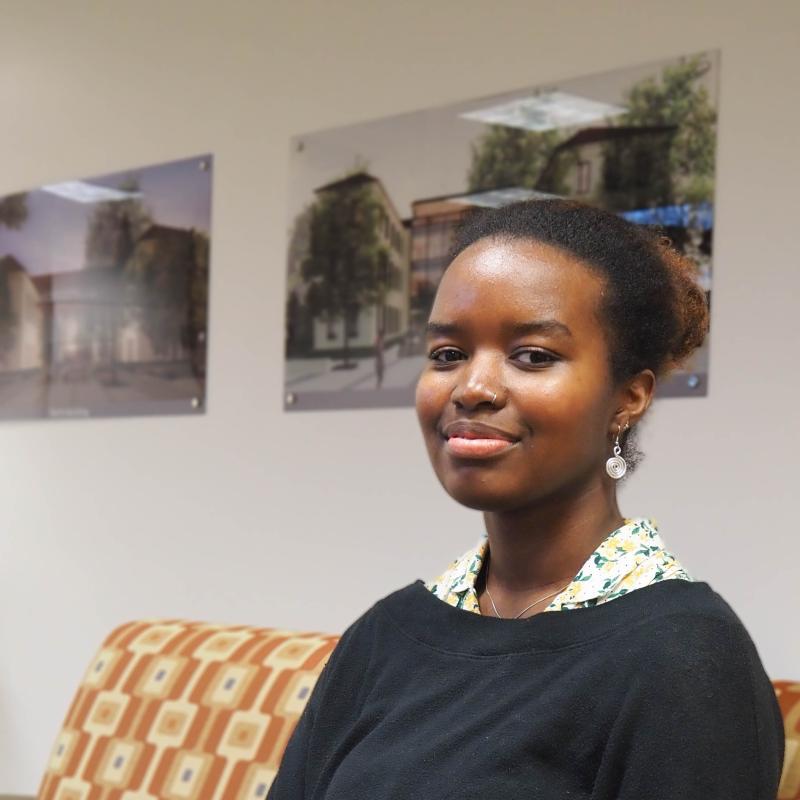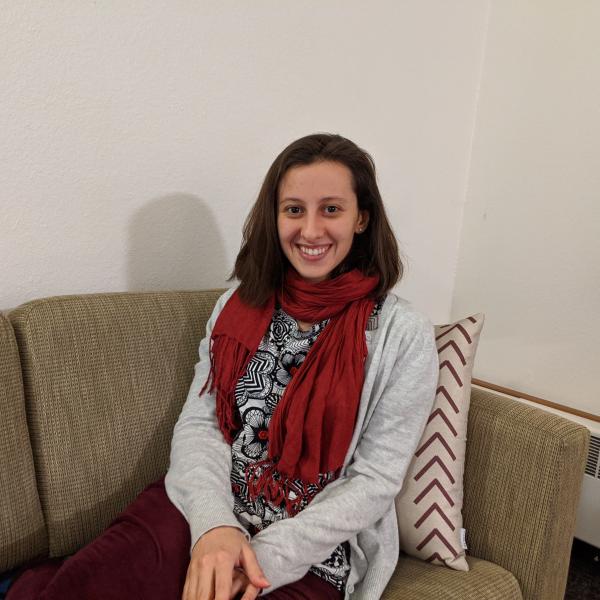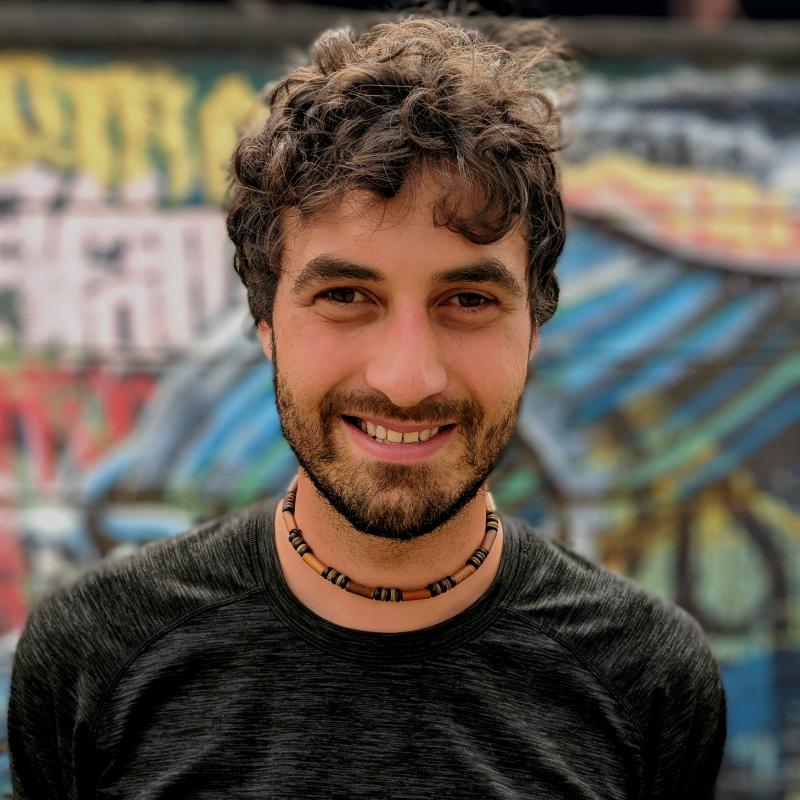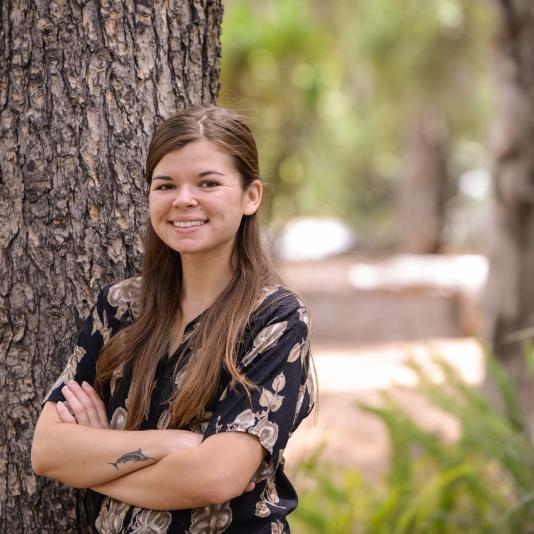
Maya Green
A good leader in education is committed to being a “forever student,” according to Maya Green, an urban studies major at Stanford who graduates this summer.
“They’re sympathetic to students’ feelings, and they’re willing to listen, learn, and co-create with them,” she said. “I think the best educational leaders constantly question their assumptions and learn from the people around them, including the ones society wouldn’t deem as experts.”
Education, and its stewardship, has long been a topic close to Green’s heart. Her paternal grandparents, who were from Barbados, frequently preached that education was her best shot at taking hold of the American dream, and her maternal grandparents, who grew up in Louisiana during the Jim Crow era, taught her that knowledge is the surest path to equality.
“I grew up understanding that education was this force that had the potential to change people’s lives, and that I shouldn’t take it for granted,” she said.
This seed planted by her family and nurtured by her own school experiences growing up in Charleston, South Carolina, led her to pursue an undergraduate minor in education at the GSE.
“I knew I wanted to be an education minor before I knew I wanted to major in urban studies,” she said. “I started out wanting to understand the environment I learned in, which broadened into a general interest in studying the institutions and communities people engaged with over the course of their life. So I chose my major as a way to address that.”
With plans to do nonprofit work before pursuing a doctorate, Green says that she wants to dedicate her life to learning about, and teaching others, how to leverage education as a tool toward progress.
“Education is often seen as this silver bullet to solve poverty and racism, but those things affect the type of education someone has access to,” she said. “I feel like it’s good to be able to take a step back and think about how people learn, where they’re learning, and how we can improve that.”
Photo: Joleen Richards | Words: Olivia Peterkin



